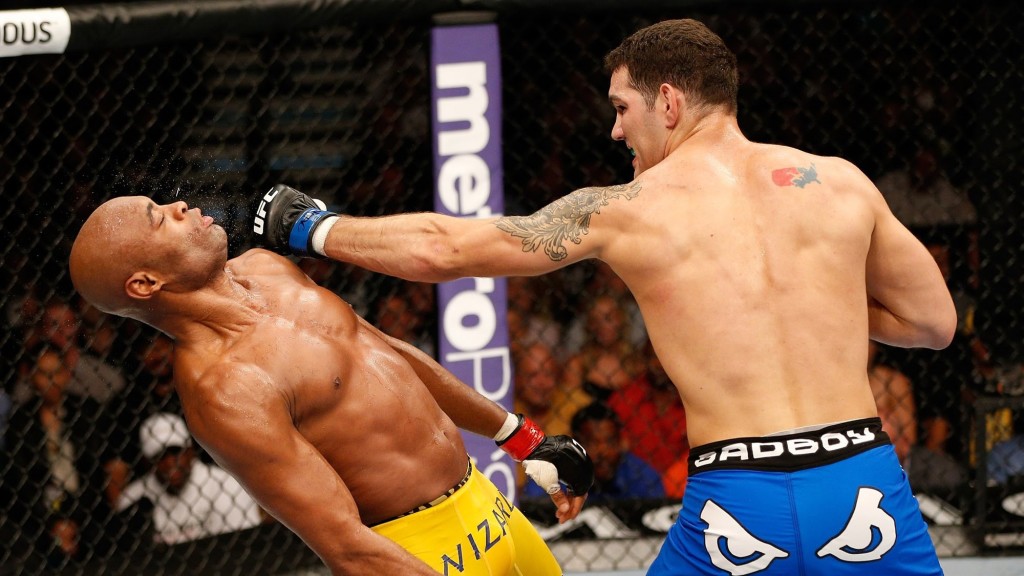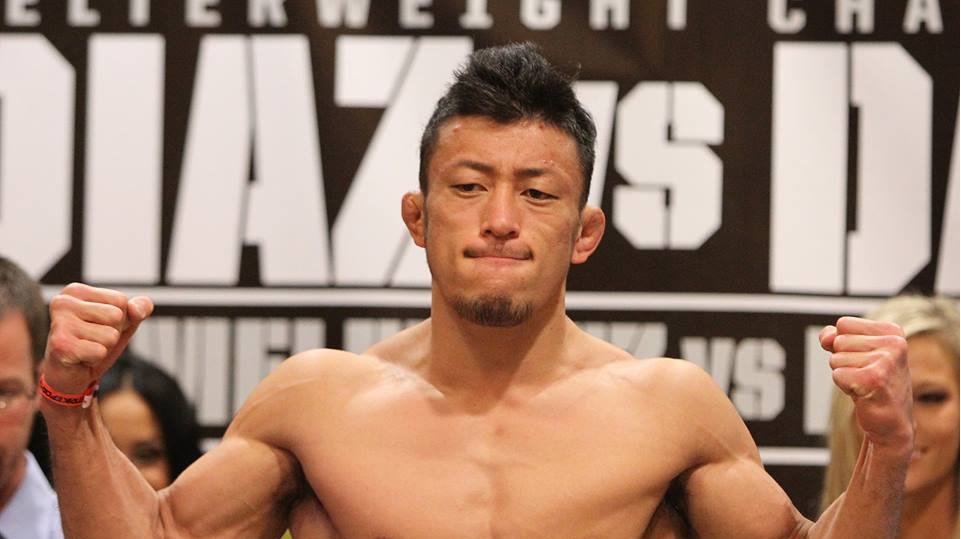
Every sport has “that play”. The play that puts fans in the seats and gets rerun on highlight reels constantly. Basketball has the slam dunk, baseball has the home run, and football has the long touchdown.
Combat sports, meanwhile, have the knockout.
It’s what keeps fighters like Mike Tyson and Chuck Liddell in mainstream stardom years after retirement while equally talented but less flashy fighters quickly fade from memory. But what causes the knockout?
A “knockout” is a product of trauma to the brain and to understand we’ll need to understand the brain in relation to its surrounding structures. The brain does not “sit” in the skull so much as it floats in it; it is separated from the surrounding bone by specialized membranes and cerebrospinal fluid.
The goal is to keep as much pressure off of the brain as possible. By floating, the brain no longer has to rest all of its weight on its bottom surface. In the event that the brain and skull are going different directions, the brain will have to “push” the cerebrospinal fluid out of the way before colliding with the skull which slows it down and reduces the impact.
However, cerebrospinal fluid can only do so much. There are certain levels of acceleration that the biological cushioning around the brain simply cannot mitigate. An example is blunt force trauma to the skull in the form of a punch.
This is where physics comes into play.
Force can be expressed as: mass x acceleration
In layman’s terms, the net force acting on an object can be calculated by how quickly its velocity is changing. Grade school math will tell you that the smaller the amount of time the velocity changes over, the larger the acceleration (keep this in mind).
Newton’s first law states that an object at rest tends to stay at rest and an object in motion stays in motion until an outside force acts upon them.
Remember that the brain, to a very small degree, moves independently of the skull. The “force” that acts on the brain to accelerate it is the skull itself touching it. Normally this isn’t an issue; our day to day activities involve our body accelerating so slowly that the force our brain is subjected to is more or less negligible. Even gunning a sports car from 0 – 60 mph in four seconds is pretty tame once you break the numbers down.
But a head shot is not an everyday activity (if it is, please call Child Services. I’ll wait). A knockout blow is traveling full speed by the time it reaches the opponent’s skull. When it collides, it “snaps” the opponent’s head in the direction of the shot. This “snap” is the skull changing speed dramatically in a fraction of a second aka unbelievable acceleration.
So rather than the skull gently guiding the brain like a sober friend helping his wasted buddy home, it slams into the brain like a bored cop getting tired of the aforementioned buddy’s antics. Sometimes the acceleration on the brain is so great that the brain (being, for lack of better word, squishy) will bounce off the skull multiple times.
When this happens, there is an almost literal explosion of neural signals which is understandable when the human brain is accelerated from “x” meters per second to “x + HOLY S**T” meters per second. Similar to a computer getting an overwhelming amount of conflicting data at the same time the brain “reboots” resulting in unconsciousness.
Consciousness is regained when the body does an internal calculation and determines blood flow, vitamin and mineral, neural stimulus, etc. are all at normal enough levels to continue functioning. In a testament to the miracle that is the human body, this process is surprisingly quick which is why you see fighters go lifeless one second and wake up complaining to the referee the next.
Now just because the brain successfully “rebooted” DOESN’T mean that a fighter is okay; it just means that the brain decided everything is healthy enough to be conscious. It’s like an athlete who just underwent ACL surgery finally losing the crutches; they’re healthy enough to walk but nowhere healthy enough to take the field.
So next time you see a fighter get knocked out, appreciate how tough these athletes are. Because a knockout is literally a fighter’s brain bouncing around in their skull like a damn ping pong ball.
















